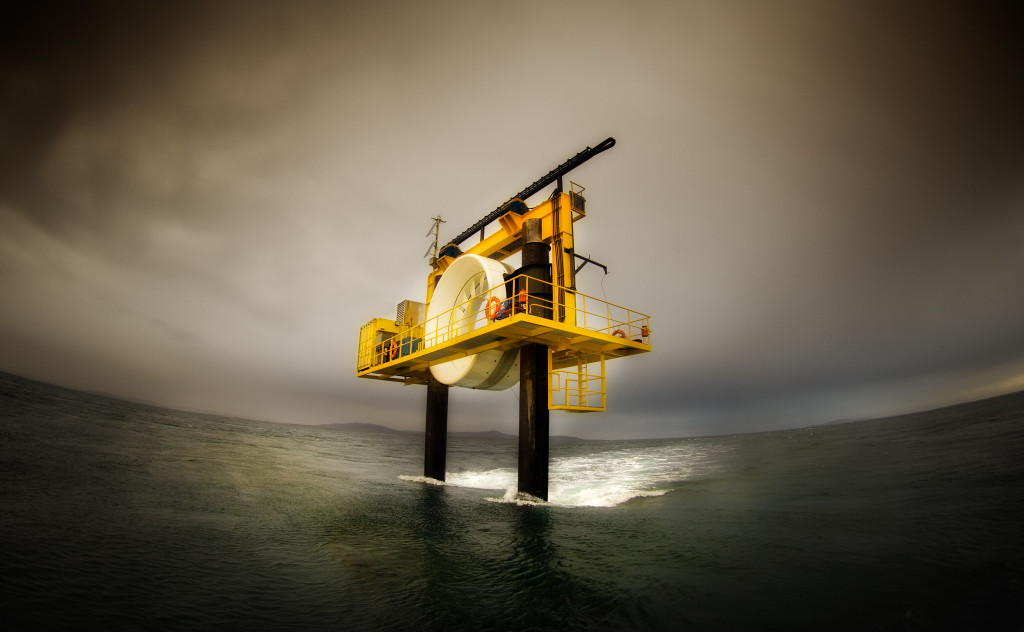FFP New Hydro LLC announced today the receipt of hydropower licenses from the Federal Energy Regulatory Commission (FERC) for four projects located on the Muskingum River in Ohio. The four projects are expected to have a combined generating capacity of 15 megawatts (MW) from plants added to existing Lock and Dam facilities owned and operated by the Ohio Department of Natural Resources. FFP New Hydro also has final license applications pending for two more projects on the Muskingum River.
“The development of the Muskingum River hydropower projects will represent an investment of more than $100 million in the state ofOhio. Each project will create 100 to 150 jobs during construction as well as continued staffing and service employment during operations,” said Ramya Swaminathan, CEO of FFP New Hydro. “The clean, reliable electricity produced by the projects will be enough to power over 7,500 homes and businesses and will be a long term resource for the region.”
The hydropower projects, at Philo, Rokeby, Malta and Beverly have gone through an extensive study process at the FERC. The licenses represent the culmination of over four years of significant investment and effort.
“We are grateful for the assistance of Senator Rob Portman and Representatives Pat Tiberi, Bill Johnson, and Steve Stivers and for their support of our license applications,” added Swaminathan. “Ohioans are fortunate to have representatives who understand the challenges of developing new sources of low-cost electricity in Ohio are willing to fight for good jobs and significant investment in the State.”
The projects are expected to start construction by 2017 and commence operations by 2018. FFP New Hydro LLC has a portfolio of 23 hydropower development projects with 10 FERC licenses on existing dams in PA, WV, OH, MS, KY, IN, and LA totaling over 260 MW. These projects are low impact run-of river hydropower development projects, which will, when constructed, provide clean, renewable power in their host communities for future generations.
